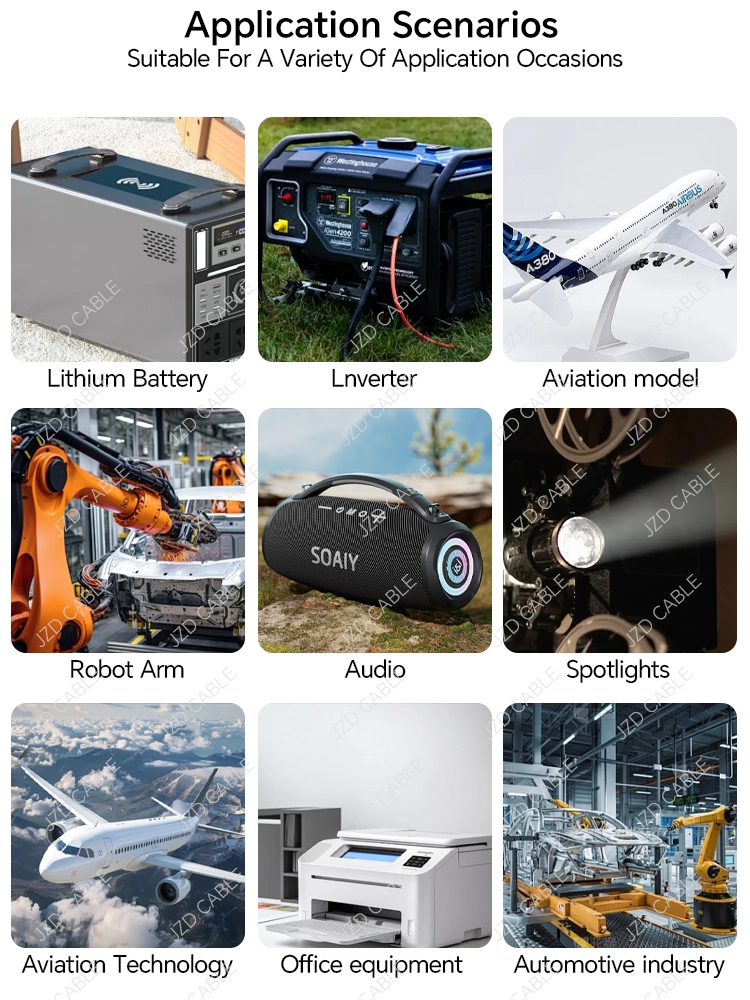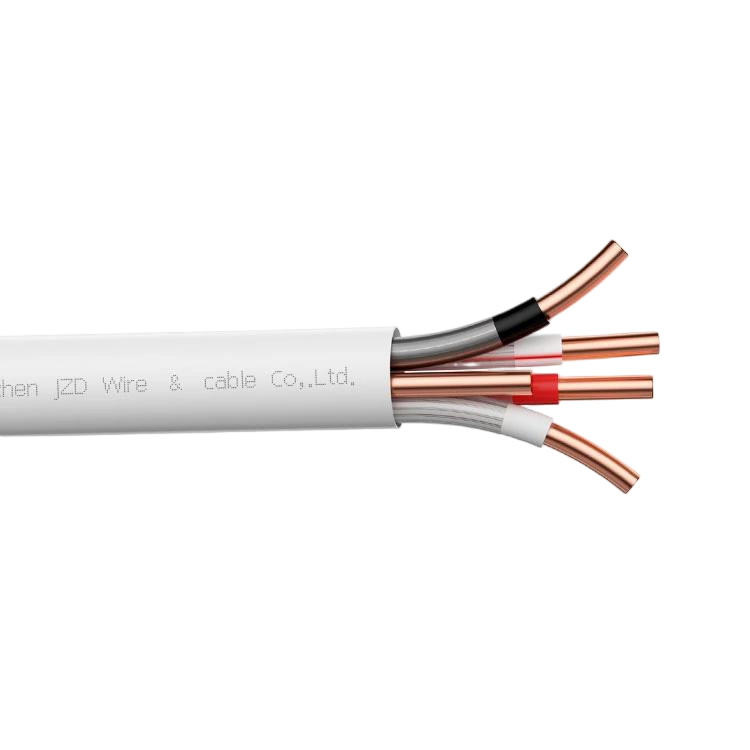What Are Silicone Wires?
Functions of Silicone Wires
- Permanent connections under mechanical stress and high temperatures.
- Long service life and halogen-free nature, reducing maintenance costs.
- Consistent signal integrity in sensitive electronic or medical equipment.
![]()
Applications
- Industrial automation: robotic arms, conveyor belts, and control panels.
- Medical equipment: surgical instruments, diagnostic machines, and monitoring systems.
- Aerospace: aircraft wiring and UAV components exposed to vibration and extreme temperatures.
- Renewable energy: solar panels, wind turbines, and energy storage systems.

Avoiding Silicone Wire Performance Mismatches
- Ignoring environmental factors like temperature, chemical exposure, and mechanical stress, which may cause rapid aging or safety hazards.
- Incorrect conductor size or voltage ratings, resulting in overheating, voltage drops, or unnecessary cost increases.
- Overlooking certifications such as UL, CE, or TÜV, potentially leading to non-compliance or risks.
- Neglecting flexibility needs for dynamic applications like robotics, causing premature fatigue.
-
Evaluating environmental conditions, mechanical requirements, and electrical specifications. -
Verifying compliance with standards and ensuring wires meet project parameters.







